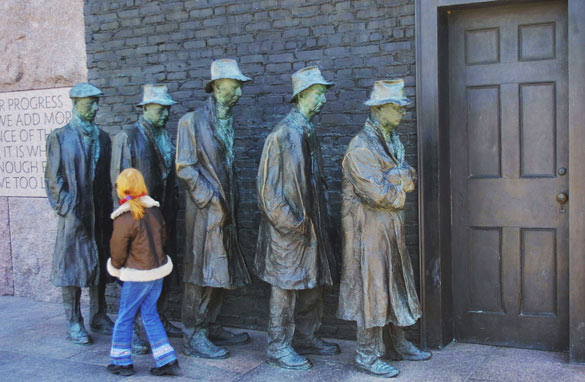(Fall 2012) Thanks for a Great Term! Final Details…
by Dr. H - December 6th, 2012
Thank you, everyone, for making my early mornings so enjoyable! I hope you learned a lot this term – both about US history itself, and about the process by which it gets made and why it’s so fascinating & important.
Please take note of these details to finish up the term well:
Mon Dec 7th – Turn in your History Now projects in class. The online portion of the last exam will go live by 9:00 am. You have until Dec 12th at 8:00 am to take it up to 3 times. It is 20 questions, worth 12 points total. Everyone needs to take this one, because ALL of the online tests are required and none gets dropped.
The terms and concepts on the online test are from Chapters 13 and 14:
New Right
Reaganomics
Deregulation (in the context of the Reagan Era)
SDI
Iran-Contra
Berlin Wall’s fall
NAFTA
1986 Immigration Act
Clinton’s impeachment
2000 Election
Al Qaeda
Bush Doctrine
War in Iran & Afghanistan
Patriot Act
SB 1070
Wed Dec 12th – online test closes at 8:00 am. The written portion will be given in our classroom starting at 8:30 am, and I will also have the History Now evaluations & grades for you then. The lowest exam is dropped, so you do not have to take the written portion if you are happy with your other exam grades.
Updated: The written exam will be based on our discussions in class about race, immigration and identity since the 1980s. Please study the textbook sections for this unit as listed in the syllabus: 13.1, 13.2, 13.4, and 14.3. Be prepared to answer questions or write about: Reaganomics and its consequences, globalization, and changes in immigration and racial/ethnic diversity. There will likely be a question about what you learned about recent history from doing the “History Now” project, similar to what you wrote on in class. It is not designed to take 3 hours – plan on about 50-70 minutes to take the exam.
Thanks, and have a great holiday!




